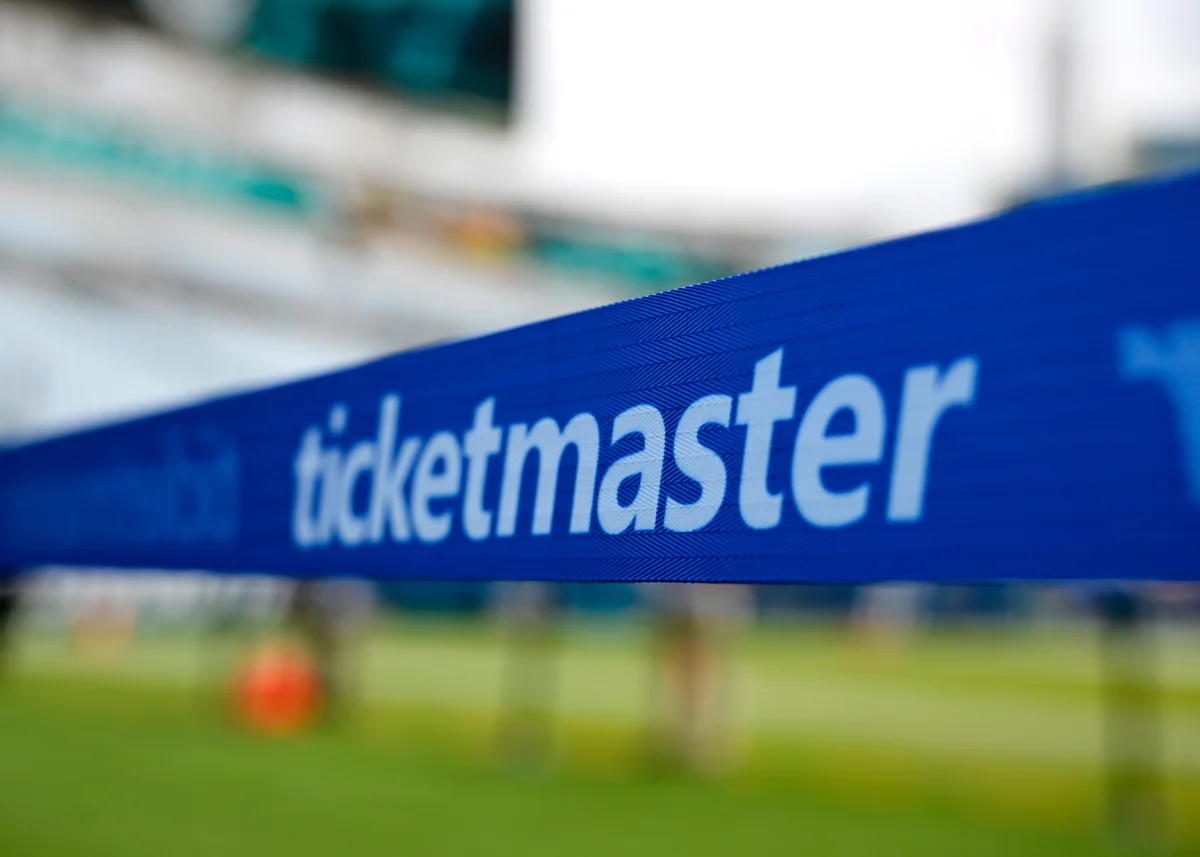Feds sue Ticketmaster and Live Nation, claiming groups ‘worked with’ scalpers to increase profits
By Erin Keller
Copyright independent

The Federal Trade Commission is suing Ticketmaster and its parent company Live Nation Entertainment, accusing them of engaging in “illegal” ticket resale practices that harmed consumers.
The lawsuit, filed Thursday in federal court in California, was joined by seven states, including Florida, Illinois, and Virginia.
According to the complaint, the FTC alleges that Ticketmaster and Live Nation “tacitly worked” with ticket scalpers, enabling them to unlawfully purchase large quantities of tickets, according to the outlet.
This practice, the agency says, helped drive up prices and increase profits at the expense of fans.
“[Ticketmaster and Live Nation’s] illegal conduct frustrates artists’ desire to maintain affordable ticket prices that fit the needs of ordinary American families, costing ordinary fans millions of dollars every year,” the lawsuit reads.
The FTC also accuses Ticketmaster of using a “bait and switch” strategy by advertising lower prices upfront, only to raise the final cost with added fees, sometimes up to 44 percent of the ticket’s face value, only at the final stage of the checkout process. This practice, the FTC argues, misled consumers about the true cost of tickets.
The company is further alleged to have knowingly allowed ticket brokers to exceed purchase limits and violated the Better Online Ticket Sales Act, which prohibits the use of software or deceptive practices to bypass ticketing rules.
Ticketmaster allegedly let brokers bypass security measures by creating multiple accounts and using proxy IP addresses to acquire tickets intended for general consumers.
These tickets were then allegedly resold on Ticketmaster’s platform at marked-up prices, with the companies profiting from additional fees and markups.
“The FTC alleges that in public, Ticketmaster maintains that its business model is at odds with brokers that routinely exceed ticket limits. But in private, Ticketmaster acknowledged that its business model and bottom line benefit from brokers preventing ordinary Americans from purchasing tickets to the shows they want to see at the prices artists set,” the suit states.
The FTC claimed that the alleged practices have harmed both consumers and artists on either end of Ticketmaster’s sales system.
“American live entertainment is the best in the world and should be accessible to all of us,” FTC Chairman Andrew Ferguson said in a statement. “It should not cost an arm and a leg to take the family to a baseball game or attend your favorite musician’s show.”
Live Nation and Ticketmaster have not yet publicly responded in detail to the FTC’s allegations at the time of publication.
The Independent has contacted representatives for Ticketmaster and Live Nation for comment.
This latest blow adds to Ticketmaster’s growing pile of legal troubles.
Back in 2024, the DOJ, joined by 30 states, filed an antitrust lawsuit against Live Nation and Ticketmaster in the Southern District of New York. It accuses the companies of monopolizing live entertainment, controlling promotion, ticketing, and venues, and leveraging that control to squeeze out competition, force exclusive deals, and increase fees for consumers.
Live Nation strongly pushed back, calling claims of monopoly “absurd,” arguing that high ticket prices stem more from rising production costs, the popularity of artists, and the demand from fans, rather than anti‑competitive behavior.
Earlier this year, Live Nation agreed to a $20 million settlement in a class‑action lawsuit filed by investors. The suit claimed the company misled shareholders about risks related to its business practices, especially those that exposed it to antitrust actions and regulatory scrutiny.



